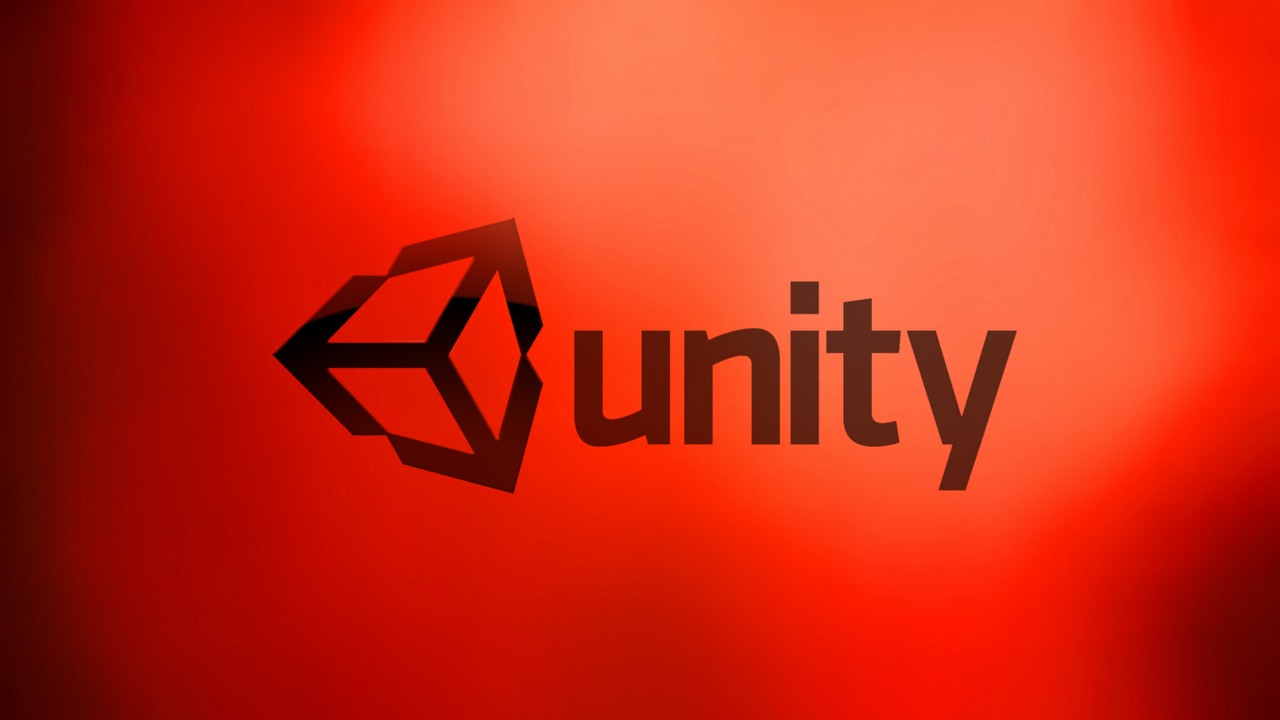Unity Changes Controversial Price Hike Plan After Gamedev Revolts
Credible reports have appeared online about the modified terms of use of the Unity engine. According to them, the company has decided to make major concessions on most of the contentious issues.

Unity has bowed to criticism and announced a change in the proposed terms of use for its engine. We will still have to wait for the official unveiling of the new provisions, but the first reports of what they might look like have just appeared online.
- Their source is a journalist with an excellent reputation - Bloomberg's Jason Schreier, so we give credence to these reports.
- According to this information, Unity still intends to charge for installations, but they will be limited to a maximum of 4% of revenue above $1 million.
- Importantly, only new installations, made since January 1, 2024, will be counted. Previously, it was a big controversy that Unity wanted to count installations for old games beginning with their release.
- Another interesting change is that it will be the developers themselves who will inform the company about the number of recorded installations. This is another important concession. Previously, Unity intended to use its own systems in this matter, which raised big questions about their accuracy. Developers were also unsure whether they would be able to correctly identify pirated copies, as well as detect malicious users endlessly reinstalling a given game in order to harm disfavored developers.
- Stephen Totilo from Axios believes that Unity's purpose is primarily to take a toll of the biggest blockbusters like Genshin Impact. That's why the company is not too concerned about the inaccurate installation data it is likely to receive from small developers.
These changes solve most of the developers' problems. However, one important thing remains in question - changes in conditions for games already released or in development. According to many developers, this is unacceptable, especially since the previous terms and conditions offered the option to continue using earlier editions of the engine under the old rules if the new ones did not suit us. So we wonder if some partners will decide to fight for their rights in court.
Background of the case
Recall that initially Unity intended to charge developers for every time they installed a given game, even on the same device. To make matters worse, such fees would have no upper limit, so it would be possible that a developer would have to pay more than he earned.
The reaction to this was so bad that it was decided, developers would only pay for the first installation on a given device. This, however, did not appease the developers, and as you can see, their anger was such that Unity had to make further concessions.
The above paragraph is only a very abbreviated summary of the whole affair.
- GTA 6 devs have a growing problem. Concerns that Rockstar Games is failing to comply with labor laws are becoming more serious and „deeply troubling”
- The Witcher 3 gets a new DLC after 10 years? „Biggest source” confirms
- Half-Life 3 announcement may have been delayed for one very mundane reason. Insider has no doubt when Valve is going to reveal all the cards
0

Author: Adrian Werner
A true veteran of the Gamepressure newsroom, writing continuously since 2009 and still not having enough. He caught the gaming bug thanks to playing on his friend's ZX Spectrum. Then he switched to his own Commodore 64, and after a short adventure with 16-bit consoles, he forever entrusted his heart to PC games. A fan of niche productions, especially adventure games, RPGs and games of the immersive sim genre, as well as a mod enthusiast. Apart from games, he devourers stories in every form - books, series, movies, and comics.
Latest News
- End of remote work and 60 hours a week. Demo of Naughty Dog's new game was born amid a crunch atmosphere
- She's the new Lara Croft, but she still lives in fear. Trauma after Perfect Dark changed the actress' approach to the industry
- „A lot has become lost in translation.” Swen Vincke suggests that the scandal surrounding Divinity is a big misunderstanding
- Stuck in development limbo for years, ARK 2 is now planned for 2028
- Few people know about it, but it's an RPG mixing Dark Souls and NieR that has received excellent reviews on Steam, and its first DLC will be released soon

